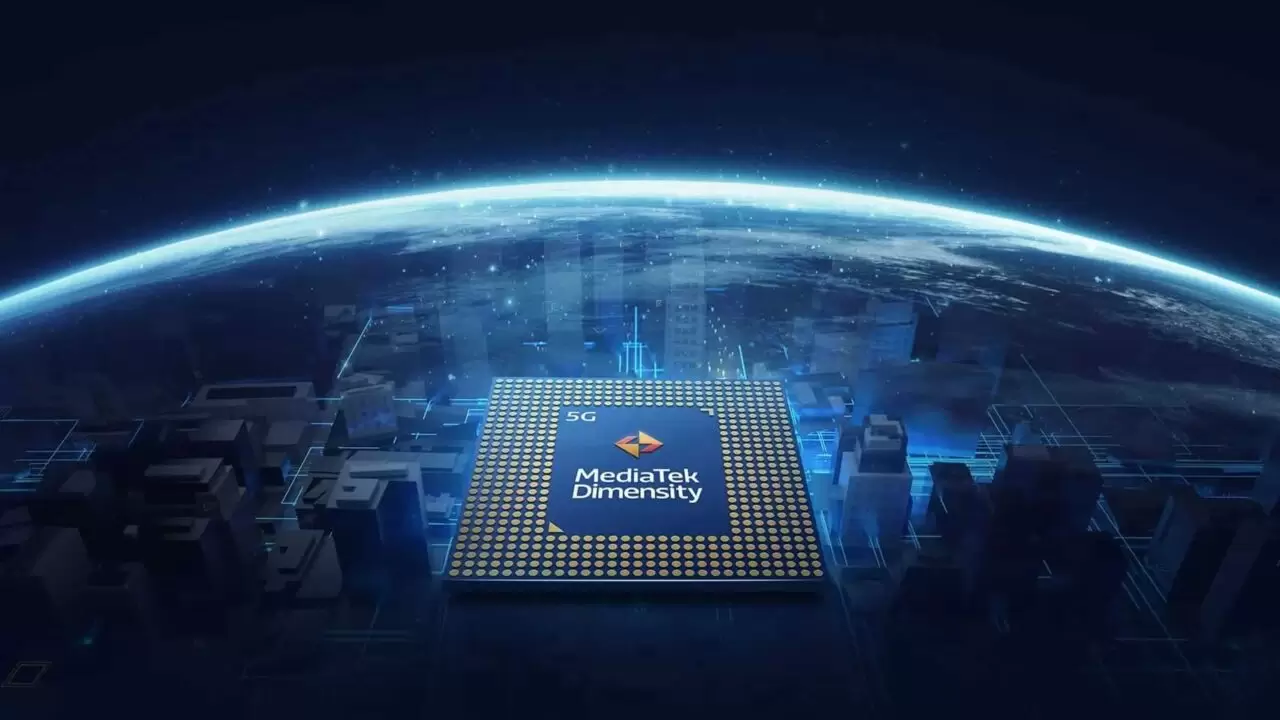The Dimensity 9300 SoC is generating quite a buzz in the tech world as MediaTek gears up for its impending launch. This upcoming system-on-a-chip takes an intriguing approach, featuring a configuration comprised of four Core Prime Cortex-X4 cores and four performance-centric Cortex-A720 cores, all without the inclusion of an efficiency-focused CPU core. The objective behind this design is to usher in a new era of smartphone performance and speed, with MediaTek boldly asserting it as a “revolutionary architecture and innovation” poised to significantly enhance the smartphone user experience.
Nonetheless, there are emerging concerns within the tech community, most notably highlighted by Evan Blass at Android Headlines, regarding potential overheating issues with the Dimensity 9300. It appears that when pushed to its limits, this chip may grapple with thermal challenges. This development raises questions about whether MediaTek may need to impose performance restrictions, potentially falling short of the initially promised high-level performance.
Despite these thermal concerns, the Dimensity 9300 carries substantial advancements in power efficiency. The Cortex-A720 cores are expected to deliver a noteworthy 20% boost in power efficiency compared to their predecessors in the Cortex-A715 lineup. Simultaneously, the Core Prime Cortex-X4 cores offer a commendable 15% performance improvement over the earlier Cortex-X3 iteration. Additionally, the GPU of choice is ARM’s Immortalis-G720, promising a 15% performance uptick while requiring 40% less memory bandwidth. The Dimensity 9300’s manufacturing will take place at TSMC, utilizing cutting-edge 4nm process technology.
As MediaTek gears up to unveil the Dimensity 9300 SoC in October, it enters a competitive arena, with Samsung’s Exynos 2400 and Qualcomm’s Snapdragon 8 Gen 3 as formidable rivals. The anticipation surrounding these developments in mobile processor technology has captured the attention of tech enthusiasts and smartphone users alike, eager to witness the next chapter in mobile computing performance.

